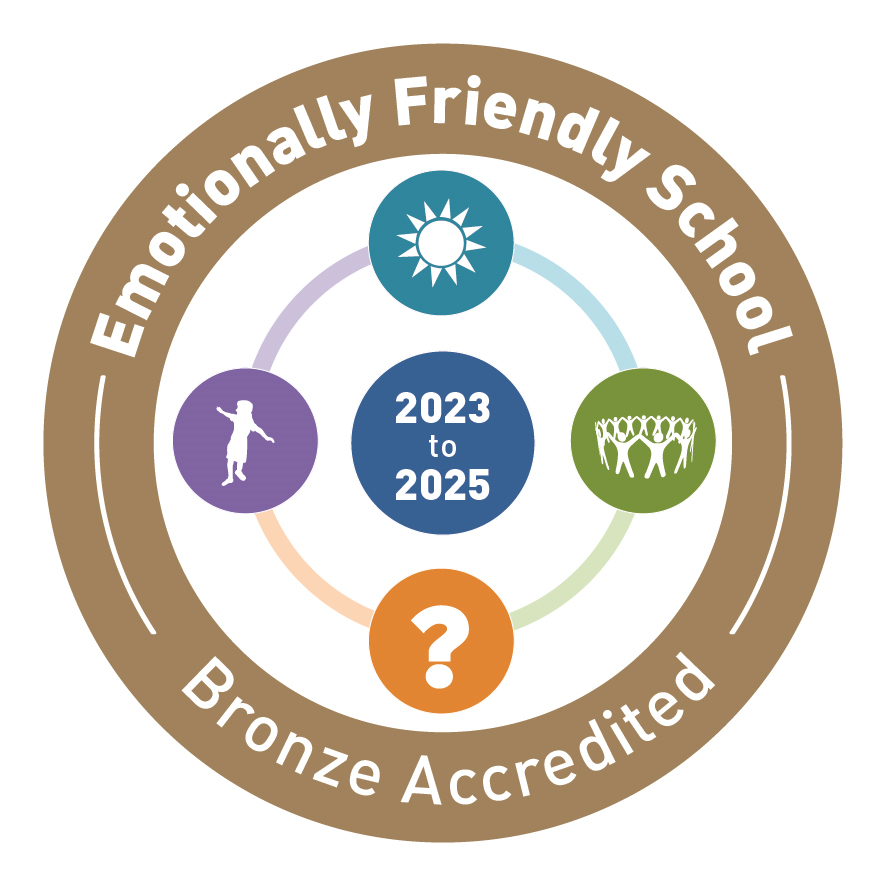Almost 2 in 10 students aged 11-16 have an identifiable mental health condition – which rises to 1 in 5 among 17-22 year olds. Problems are often hidden, stigma is still widespread, and many young people are not receiving support to access services. Secondary schools have a vital role to play in supporting young people’s mental health. Schools can develop young people’s social and emotional skills, and help those students who are having difficulties get the support they need.
Salford City Academy's Vision
We aspire to become an accredited Emotionally Friendly Setting: one that adopts a whole-school approach to mental health and wellbeing. Our whole-school approach will involve all parts of the school working together and being committed. We will develop partnership working between senior leaders, teachers and all school staff, as well as students, parents, carers and the wider community.
As part of the Thrive in Education model, we will provide targeted support for young people's emotional health and wellbeing. This model offers a co-ordinated response with multi agency joint working and a dedicated ‘mental health support team’ (MHST). The model was developed in response to the Mental Health in Education Green Paper.
Emotionally Friendly Settings (EFS) Programme
Salford City Academy are proud to have been awarded with the bronze level accreditation as an Emotionally Friendly Setting.

Developed by educational psychologists from their extensive experience of working with children and young people, Emotionally Friendly Settings is an evidence-based approach, whole setting approach to emotional health and well-being.
Based around four modules, the Emotionally Friendly Settings Programme promotes the positive mental and emotional health of the young people in our academy.
The Emotionally Friendly Settings process:

Please see our SEMH Provision Map which details Salford City Academy's offer to support the mental health and wellbeing of our students.
Student Wellbeing Ambassadors
Main responsibilities:
- Promoting awareness and sharing information with students and staff regarding key events on the Mental Health & Wellbeing Calendar
- Leading World Mental Health Day and Mental Health Week assemblies to all students
- Collaborative planning with Staff Wellbeing Committee regarding joint fundraising and whole school initiatives (including development of a Wellbeing Offer for both staff and students)
- Supporting identified students (training via Ms Bell – School Counsellor)
- Engagement in the Peer to Peer Support programme in liaison with IYSS (more info to be confirmed Autumn 2 term)
- Signposting students to additional support as required (post box, QR codes, social media drives and development of website)
- Communicating with Ms Haselden and Senior Leaders to share barriers and solutions to promoting whole school mental health awareness and wellbeing